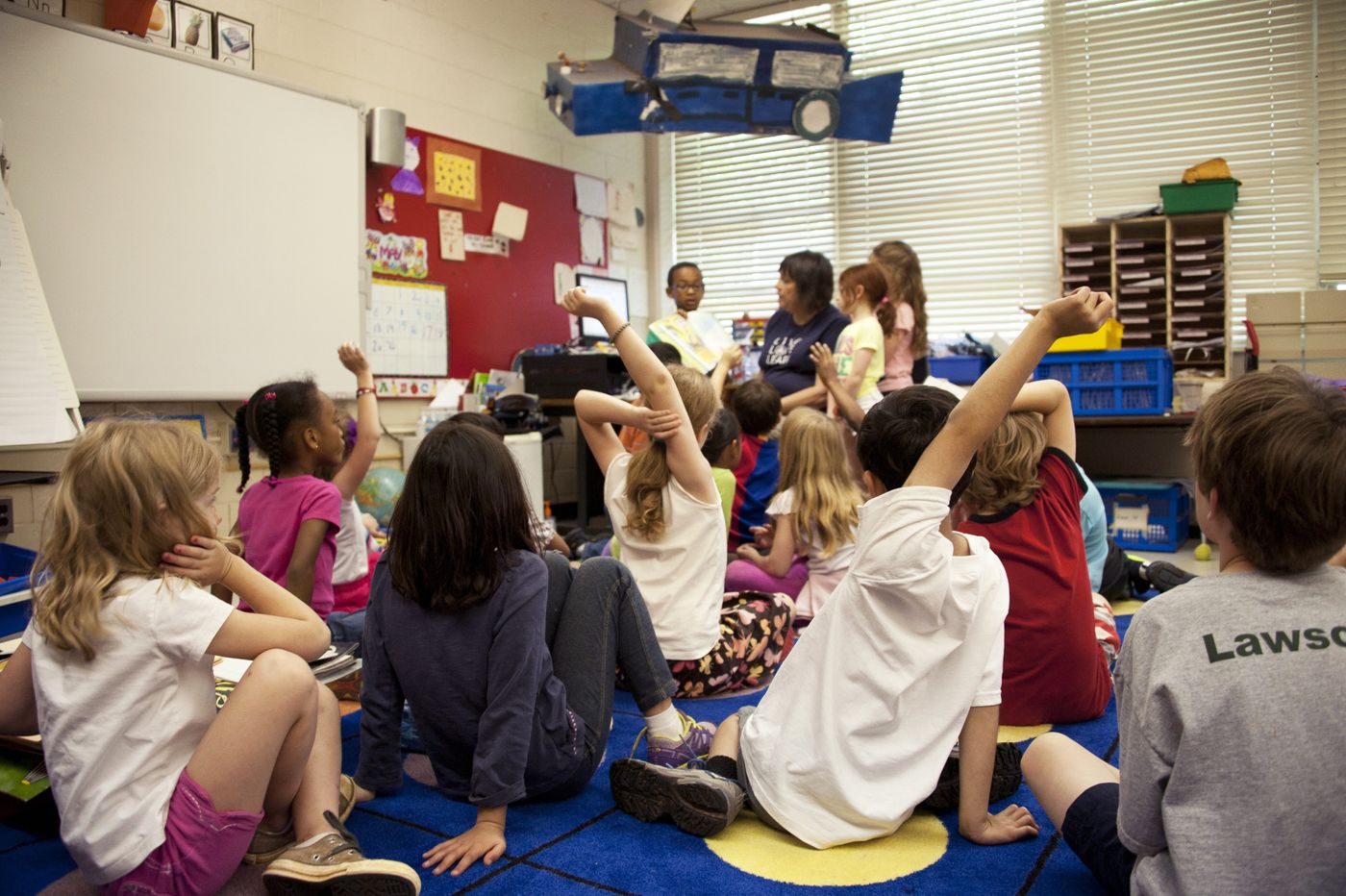Why Practice It- The Importance Of Mindfulness In Schools
Being a child is difficult. Uncertainty in sudden situations may result in many unanswerable thoughts. Forgetting to complete your homework or not knowing the answer to the question asked by the teacher in front of the whole class, school sometimes can pose stressful moments but only the reaction of the students and teachers to it make a difference.
Before moving on to the importance of mindfulness in schools, let's first understand a few things about mindfulness.

About mindfulness
Mindfulness is about becoming more attentive and aware of the present moment without dwelling on the past or worrying about what will happen in the future. Mindfulness in education not only offers psychological but physical benefits too.
- Mindfulness is the ability to focus your attention on the present moment and the intention behind your actions.
- Mindfulness offers both psychological and physical improvements.
- Mindfulness in schools will help students to increase their attentiveness in the classroom.
Mindfulness has always shown a significant improvement in academic performance, teachers' stress, and decreased behavioral issues. By bringing mindfulness to education, students and teachers can absorb and focus on new information and can get ready to learn all the new things coming to them whereas teachers can teach with all effectiveness.
As we learn more about mindfulness, we should understand why mindfulness should be introduced to education.
Importance of mindfulness in schools
Solid scientific evidence reveals that mindfulness exercises done through any mindfulness app or platform helps to improve emotional resilience, attentiveness, recovery from any addiction, self-control, immune response, memory, and more. This summarizes advantages that are relevant to the students and educators.
Escalated alertness and focus
In numerous ways, paying attention is an allotment of resources. Mindfulness in schools can help students and educators recognize the impact of toxic stress and anxiety and develop strategies to change stressful situations.
Even if students have trouble concentrating on lectures, study materials, and assignments, mindfulness can help them become more attentive in class.
Foster connection and empathy
Mindfulness practice is a dependable way to build a higher sense of connection with yourself and others. Developing the skill to show empathy can support effective communication, leadership, and collaboration with others.
Kindness and compassion
As educators and students' mindfulness exercise becomes a regular practice, they build the ability to focus on self-compassion, self-care, and the capacity to comfort, nurture and heal themselves and others.
Foster awareness and balance
Mindfulness serves with the skills to be attentive to emotions, especially the most difficult ones. Mindfulness in schools can help to diminish its intensity and impact. You can lookout for new possibilities and patterns.
Enhance subjectively- attention and health
Mindfulness in education can contribute to better clarity in managerial decision-making, choices, and healthy cognitive functioning. It strengthens “the mental muscle” to get back the focus on things we want and when we want them.
Grow resilience
Mindfulness qualifies educators and students with resources like flexibility, patience, and calmness, helping them in managing adversity. Fostering positive states- calm, peace, and relaxation- develops inner strength to face daily challenges in schools.
Mindfulness in schools is like a refreshment. It helps students and educators to be more interactive and increases understanding and awareness of emotions and sentiments. As a result, educators and students get more empowered and engaged to learn
Note: If you want to make mindfulness practice more accessible and simplified in schools, then a mindfulness app can be used. All you need to do is download the app, log in, and you are ready to listen to the audio-guided programs.
Conclusion
Many of these advantages of mindfulness in education can help educators and students to get over their personal and academic stress. The consistent exercise of mindfulness works as an alarm to focus on the present moment instead of dwelling on the future and worrying about the past. By living mindfully, students and educators can work on diminishing anxiety and reducing stress while making the most of every present moment.
喜欢我的作品吗?别忘了给予支持与赞赏,让我知道在创作的路上有你陪伴,一起延续这份热忱!

- 来自作者